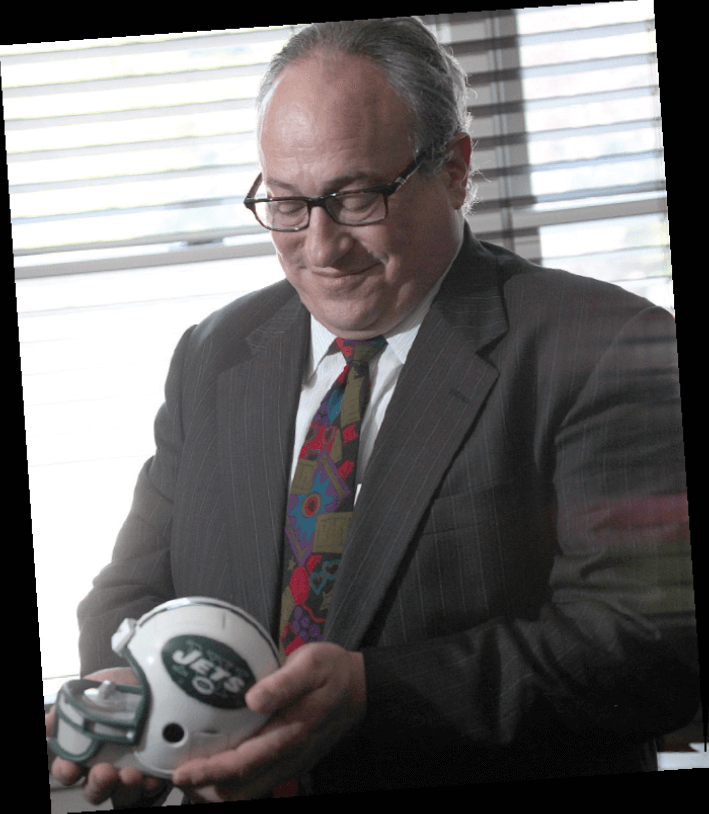After over five years of negotiation between the New York State Bar Association, the legislature passed, and Gov. Cuomo signed a law significantly changing New York State’s Power of Attorney form (” POA”). The new law simplifies and improves the POA form and its use for families and individuals.
Kudos to my colleagues in the New York State Bar Association’s Working Group on the Power of Attorney, which included members of the NYSBA’s Elder Law and Special Needs Section, Trusts & Estates Section, Business Law Section, Real Property Section, and Health Law Section. The Working Group created a report with recommendations, which provided the basis for this legislation, which goes into effect June 13, 2021, 180 days from the day the Governor signed the law.
Here are highlights of the changes:
Refusal of a valid POA exposes the bank or other third party to sanctions, legal fees, and damages that result from the refusal to honor a properly executed POA.
Refusing a POA is a common occurrence, causing many families to go to court to gain access to family assets when granted the legal power to do so. This most common refusal occurs when banks or brokerages demand that the POA be on their institution’s POA forms.
Safe harbor provision for good-faith POA
In tandem with the sanctions provision, the new law protects a third party that accepts a POA based on the agent’s claim it is valid, even if the POA is void, invalid, or terminated. If the third party reasonably questions the POA, it can request an attorney’s opinion regarding the POA’s legal matters.
Language in the POA form must “substantially” confirm to the statute.
The old POA statute requires that the POA’s language incorporate the exact same language as the statute, making it far more likely that insignificant language changes in a POA may invalidate a POA. Under the new statute, as long as the language that substantially conforms to the statute suffices.
The new law eliminates the Statutory Gift Rider.
Under current law, an agent may not make more than $500 in gifts each year unless they sign a Statutory Gifts Rider outlining the agent’s gifting ability. The Rider was a major source of confusion and caused many problems. The new POA eliminates the need for a separate Statutory Gifts Rider. Instead, the person can give their agent authority to make gifts on their behalf in the POA modification section.
The POA form is simplified.
By simplifying the POA form, it will be easier for residents in hospitals and nursing homes to execute the firm and allow their agents to act on their behalf.
Witnesses are no longer needed.
Eliminating the Statutory Gifts Rider also removes the need for witnesses. The signature of the person granting the POA only needs notarization. Find witnesses was difficult during this pandemic.
A power of attorney is one of the most commonly used estate planning documents. It permits a family member or trusted friend to act on behalf of another person when they are too ill or otherwise incapacitated. With a POA, someone hospitalized with COVID-19 can appoint another person to take care of all their legal and financial affairs. Without it, the family must commence a guardian proceeding. It will cause delays and added costs to an already stressful time, especially if acts are necessary to qualify for Medicaid.





